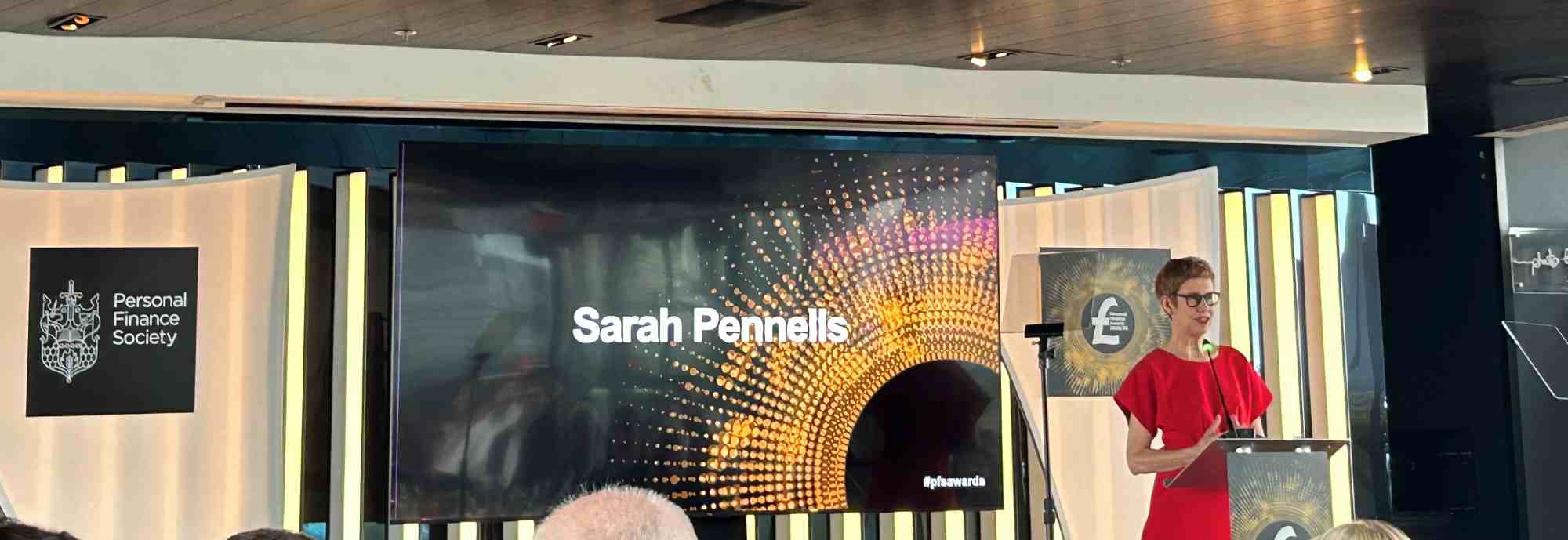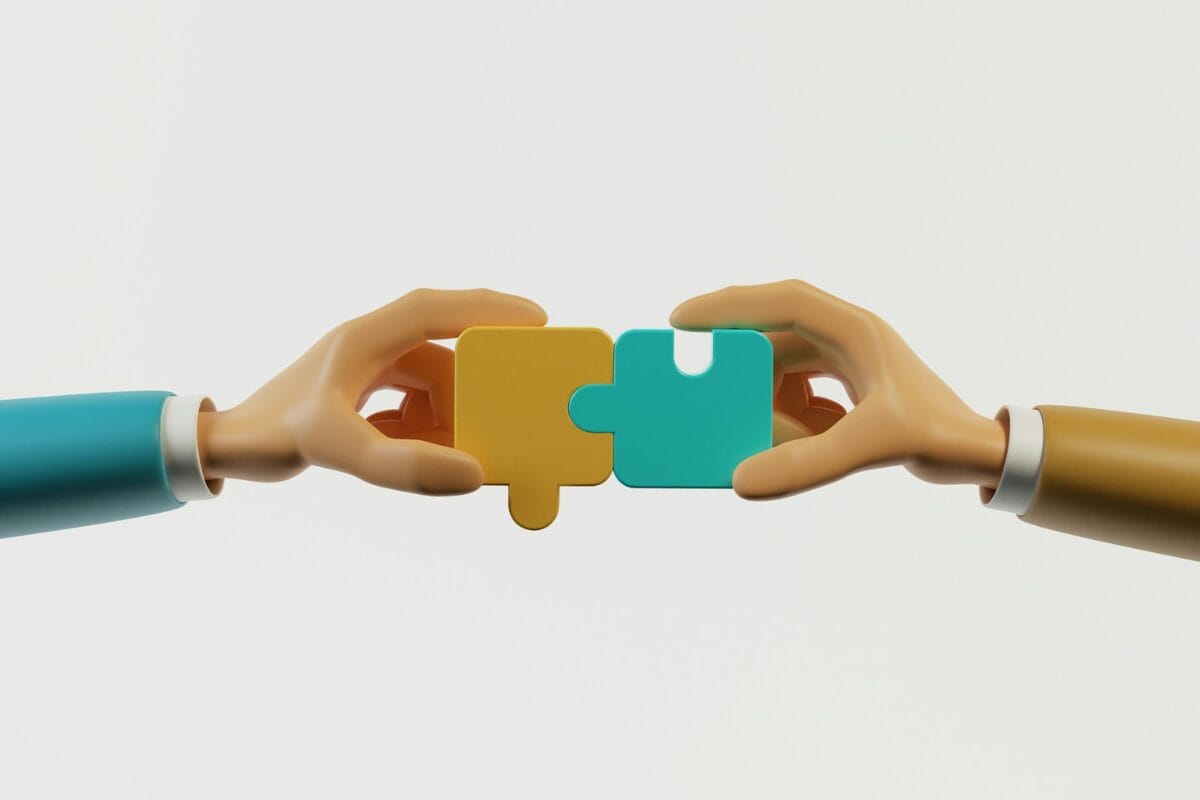Ahead of World Autism Awareness Day (2 April 2025), RedArc has revealed that it has seen a huge rise in the demand for support where neurodiversity is the primary concern: 2023 saw a 55% increase on the previous year, and 2024 saw nearly double the number of referrals compared to 2022.
The nurse-led support organisation puts this down to a number of factors, including the lack of mainstream support available, and a lack of access to this support due to long waiting lists. In addition, autism is more in the public eye than ever before with several high-profile celebrities such as Christine McGuinness, Melanie Sykes, and Tallulah Willis receiving late diagnoses and openly discussing their condition.
Christine Husbands, commercial director, RedArc said: “Support for neurodiversity should be offered, but it needs to be provided by professionals experienced in supporting neurodiversity, who fully understand the range of conditions that fall under the collective term. One in five people have a neurodevelopmental condition, such as ADHD, Autism, Dyslexia, Dyspraxia, Dyscalculia or Tourette’s syndrome and we’re pleased that this group are reaching out for the support they deserve.”
At the heart of RedArc’s services for neurodiverse conditions is a registered nurse, experienced in neurodiversity who can provide personalised, long-term one-to-one guidance and support for adults, and children (via their parents). This support can comprise help with sourcing NHS and private assessments, navigating the NHS, advice on NICE guidelines re diagnosing and managing conditions, and signposting to local and national charities, occupational therapy and specialist counselling. It can also include practical advice on sleep, routines, and coping in the workplace or at school.
NHS and private assessments
With waiting times for NHS assessments for autism and other neurodiverse conditions being an additional challenge, one of the areas that RedArc often advises people about is how to navigate the NHS, including how to get the most from appointments and understand a diagnosis. They also advise on the Right to Choose which is available in England: a relatively new option for mental health services and means that if waiting lists are particularly high in a certain area, an individual can request to be seen elsewhere. For those who want to have a private assessment, RedArc can guide them to ensure the assessment will be recognised by the NHS and that any prescribing will ultimately be supported by the NHS afterwards.
Christine Husbands concluded: “Organisations that provide support for physical and mental health must now really assess whether they are doing enough in terms of support for neurodiversity as well. This is a hugely growing area, and individuals with autism or any other complex neurodiverse condition, need to be able to access comprehensive support from specialists, without a long and agonising wait.”















